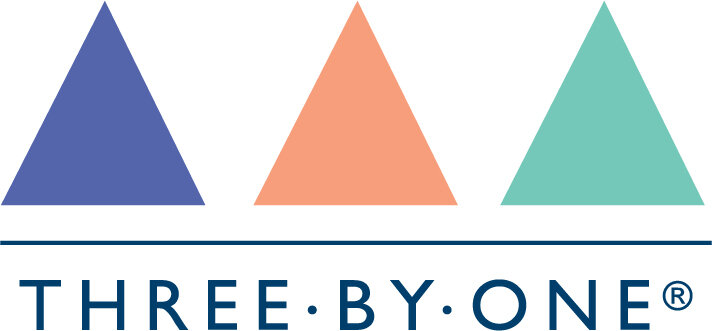The Difference Between Best Before Dates and Use By Dates, and How To Reduce Food Waste.
This week is Zero Waste Week so let’s talk about food waste, what it is, and what the difference between a Use By date and a Best Before date is. Understanding the difference can help to reduce the amount of food that is wasted massively.
So what is food waste?
Food waste refers to food that is discarded by shops, restaurants and consumers. For example:
Fresh produce that isn’t considered “optimal” in size, shape or colour and is removed from sale.
Foods that are discarded by shops or consumers when they are close to or past the best before date.
Unused or leftover food that is thrown out from households or restaurants.
Part of UN Sustainable Development Goal 12, Responsible Consumption and Production, aims to halve food waste at retail and consumer level.
Some key facts about food waste:
It is estimated that roughly 1/3 of food produced in the world for human consumption is either lost during the production stage, or wasted.
Food waste generates about 8% - 10% of global greenhouse gas emissions. If food waste were a country, it would be the third largest emitting country in the world.
Around 88 million tonnes of food waste are generated annually in the EU. This is equal to 174 kg per person or 143 billion euros or 170 000 000 tonnes of CO2. A staggering amount!
Estimates show that up to 10% of the 88 million tonnes of food waste that is generated in the EU every year are linked to date labelling. Research shows:
53% of consumers don’t know the meaning of “best before” labelling.
60% of consumers don’t know the meaning of “use by” labelling.
Best Before and Use By date labels are the most widely used types of date labelling on food in Europe. By understanding and paying attention to the different types of date labelling, we can avoid getting food poisoning and reduce our food waste while also saving money.
Different types of date labels serve different purposes. The Best Before date is about the quality of the food, while the Use By date is about safety. In the EU, these labels are regulated to ensure that retailers use the appropriate one for their products. A better understanding of what these labels mean can help prevent food from being unnecessarily thrown away.
What is the difference between Best Before and Use By dates?
Best Before is about the quality of the food. Use By is about safety.
You should not eat food past its Use By date, but you can eat food past its Best Before date if it looks, smells and tastes fine.
What does Use By mean?
Use By is used for foods that are highly perishable and can pose a health risk. This includes fresh meat, fish, dairy products, fruit juices and other chilled ready-to-eat foods.
Can you eat food past its Use By date?
After the Use By date has expired, the food could be unsafe to eat and it may make you sick. Consume at your own risk!
What does Best Before mean?
Best before dates appear on a wide range of foods, both refrigerated, frozen, dried, tinned or other. Products like pasta, rice and other grains, dried pulses, tinned fruits and vegetables, vegetable oils, chocolate and many more.
Is it safe to eat food past its best before date?
Yes! Normally such foods are perfectly safe to eat. If the food looks, smells and tastes good, and the packaging is also intact, it will be safe to use even past its best before date.
How long can you eat something after its Best Before date has passed?
It depends on the food! Always use your senses to check if it looks, smells and tastes good. Most ambient foods (those that do not require refrigeration) will be good for several years, if not decades! I’m sure we’ve all found that tin of beans in the back of our parents’ cupboards that went out of date years ago!
So let’s all help to reduce food waste.
Don’t automatically throw things that are past the Best Before date away.
Grab yourself a bargain and rescue products that are reduced in price as they are past the Best Before date.
Little changes to our daily habits can make a huge global impact.
Take action.
Stop food loss and waste. For the people and for the planet.




